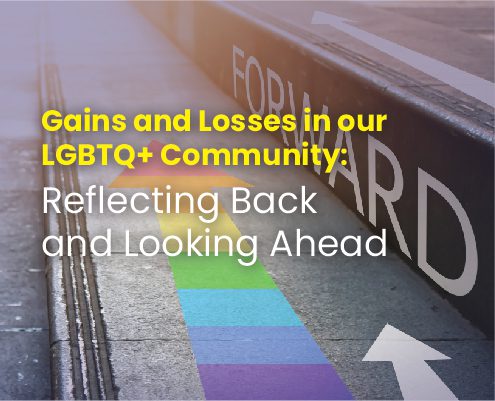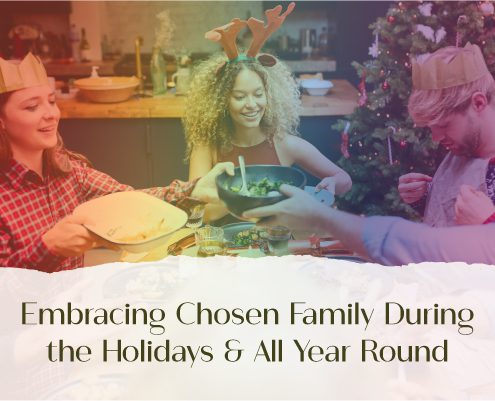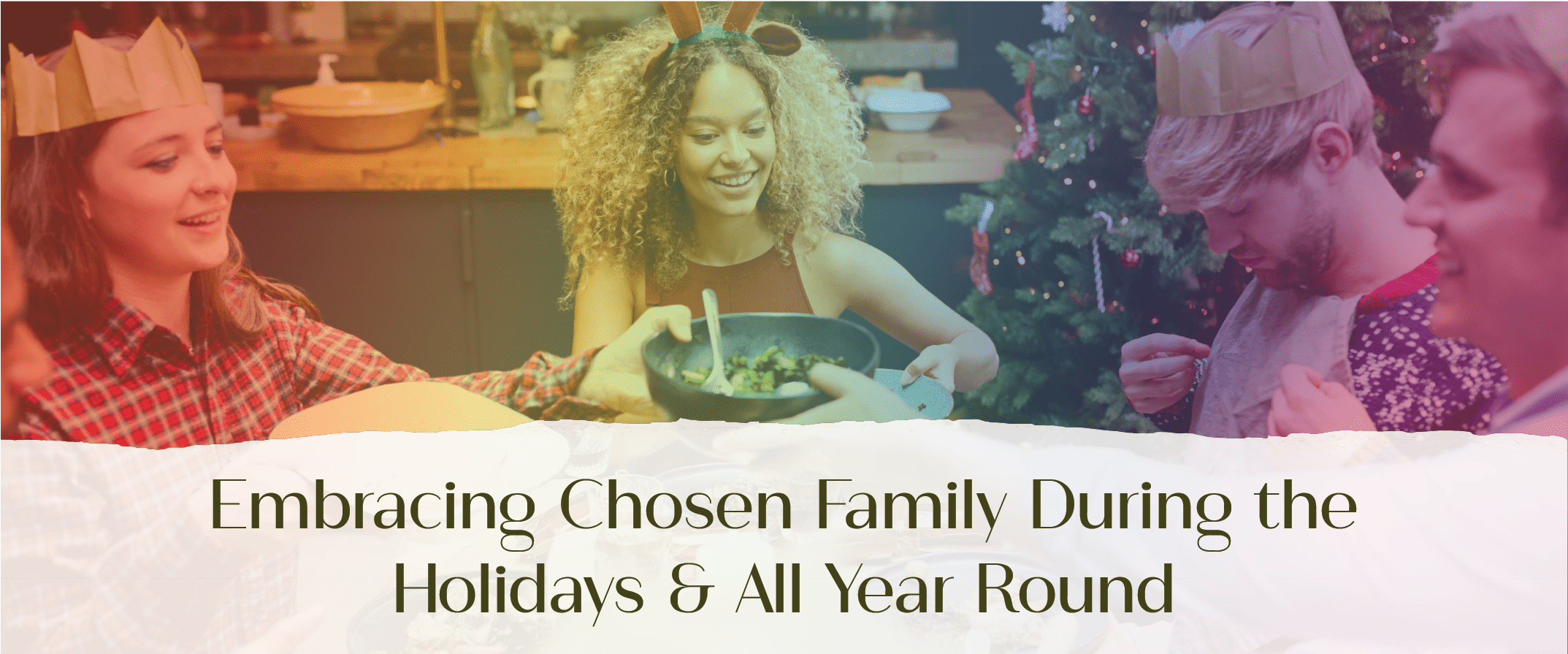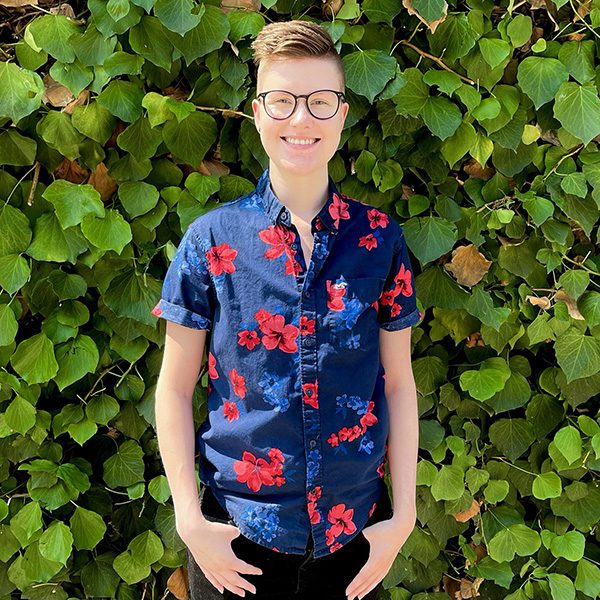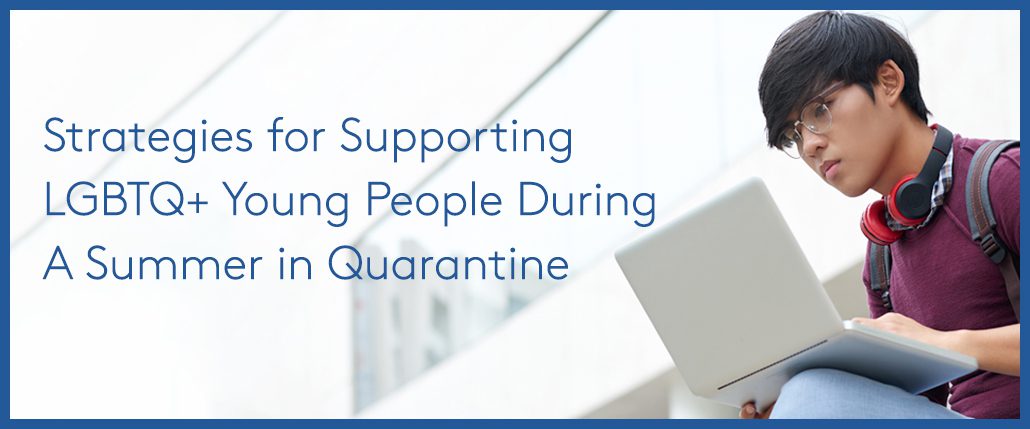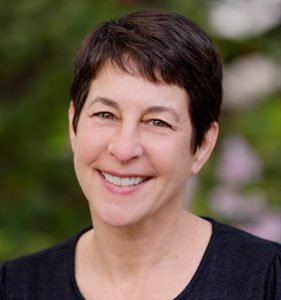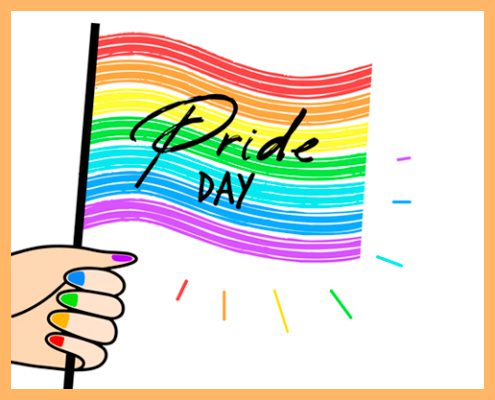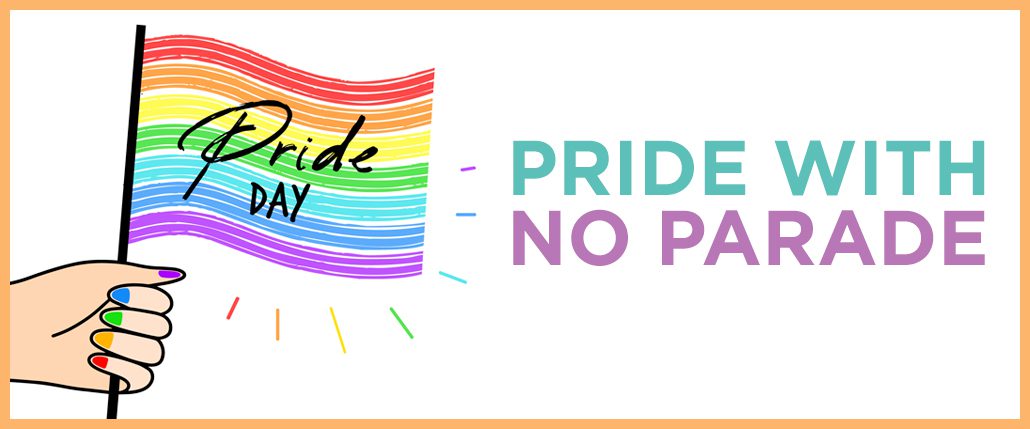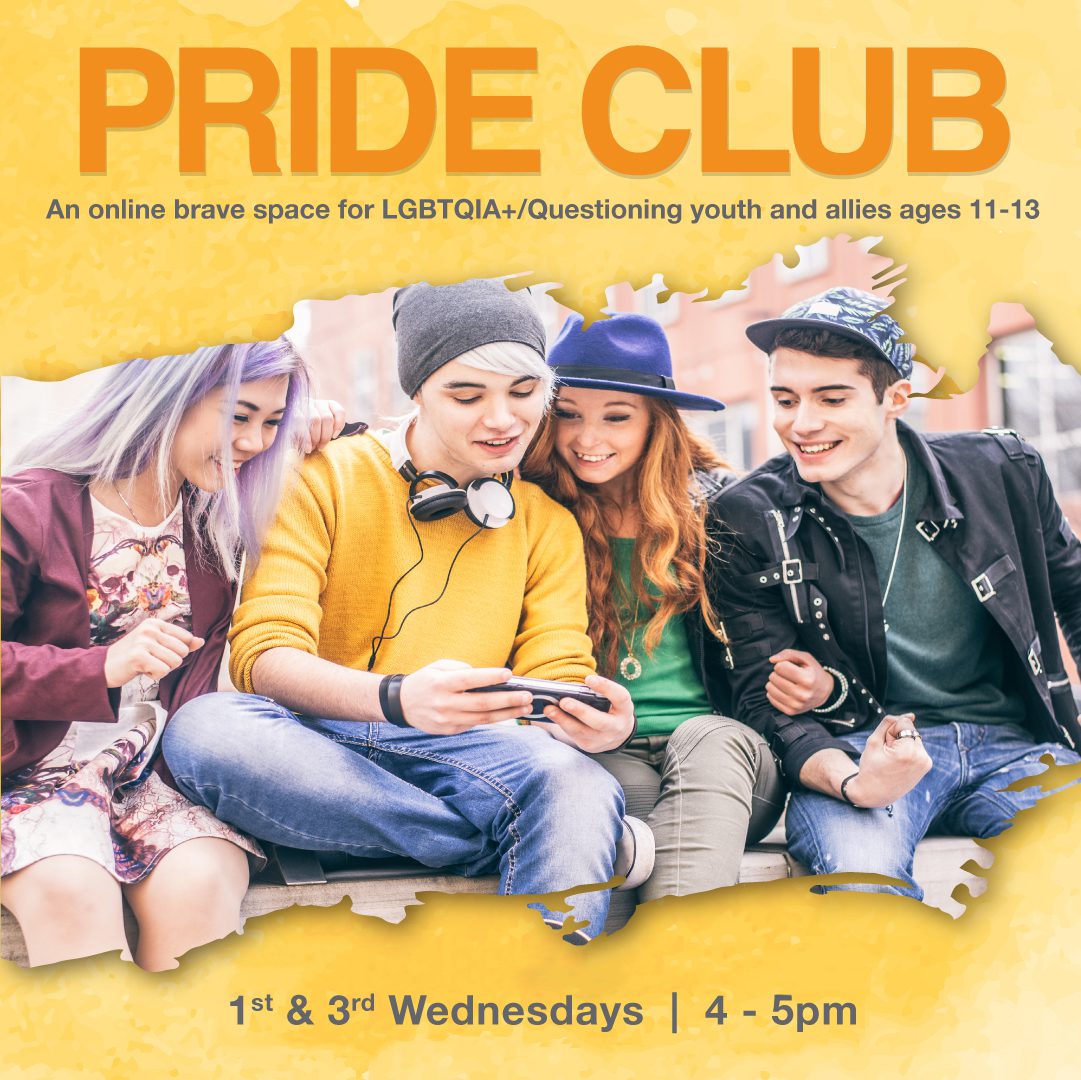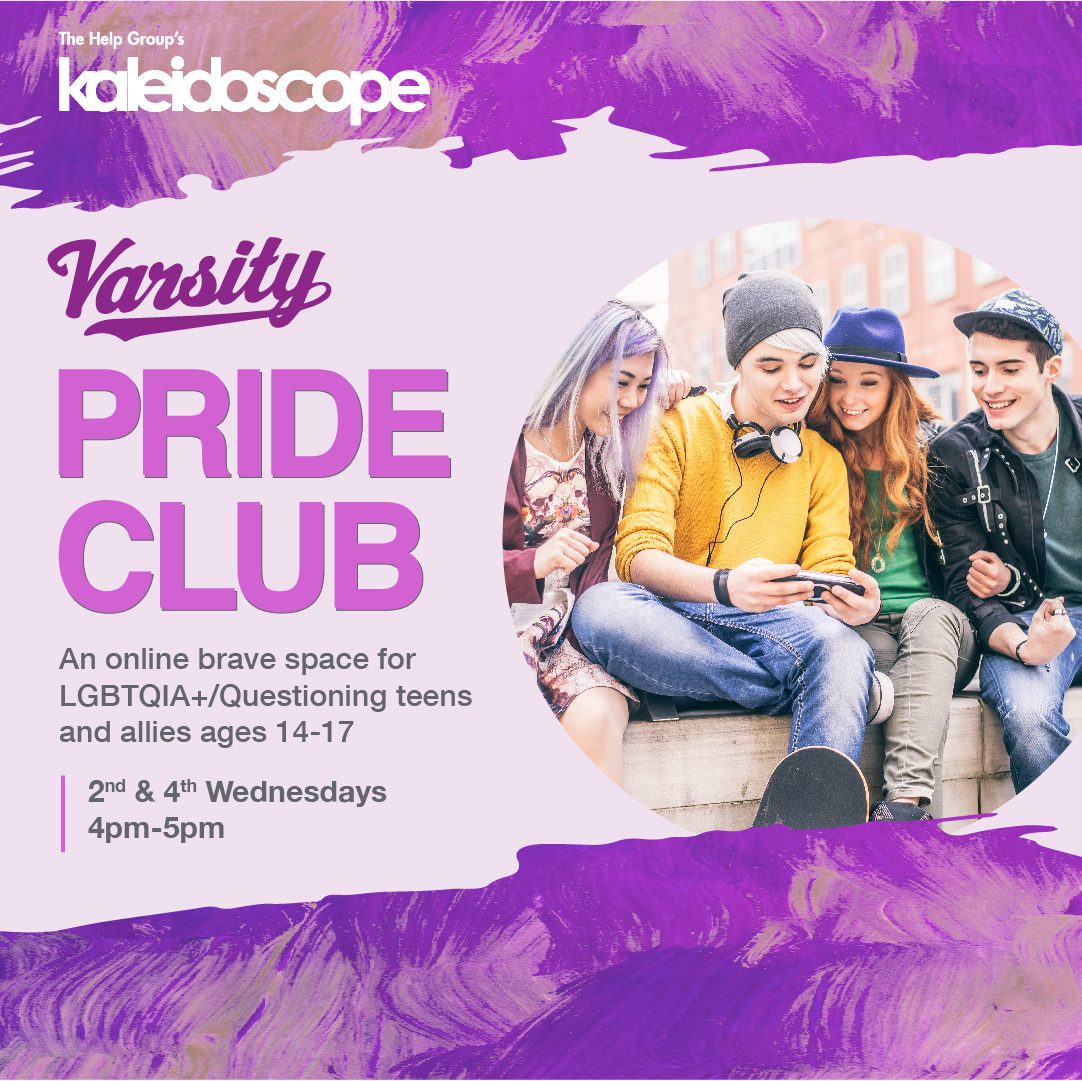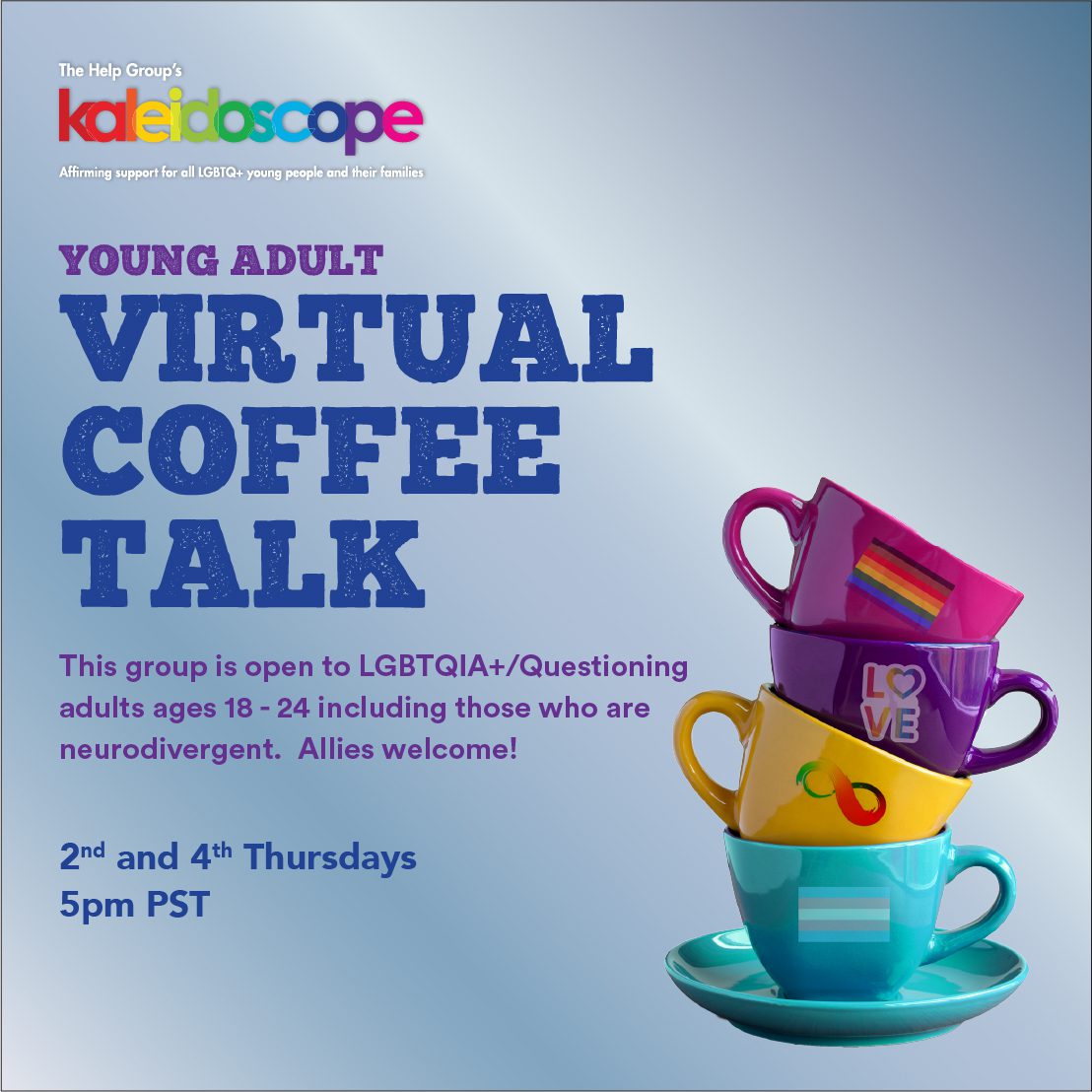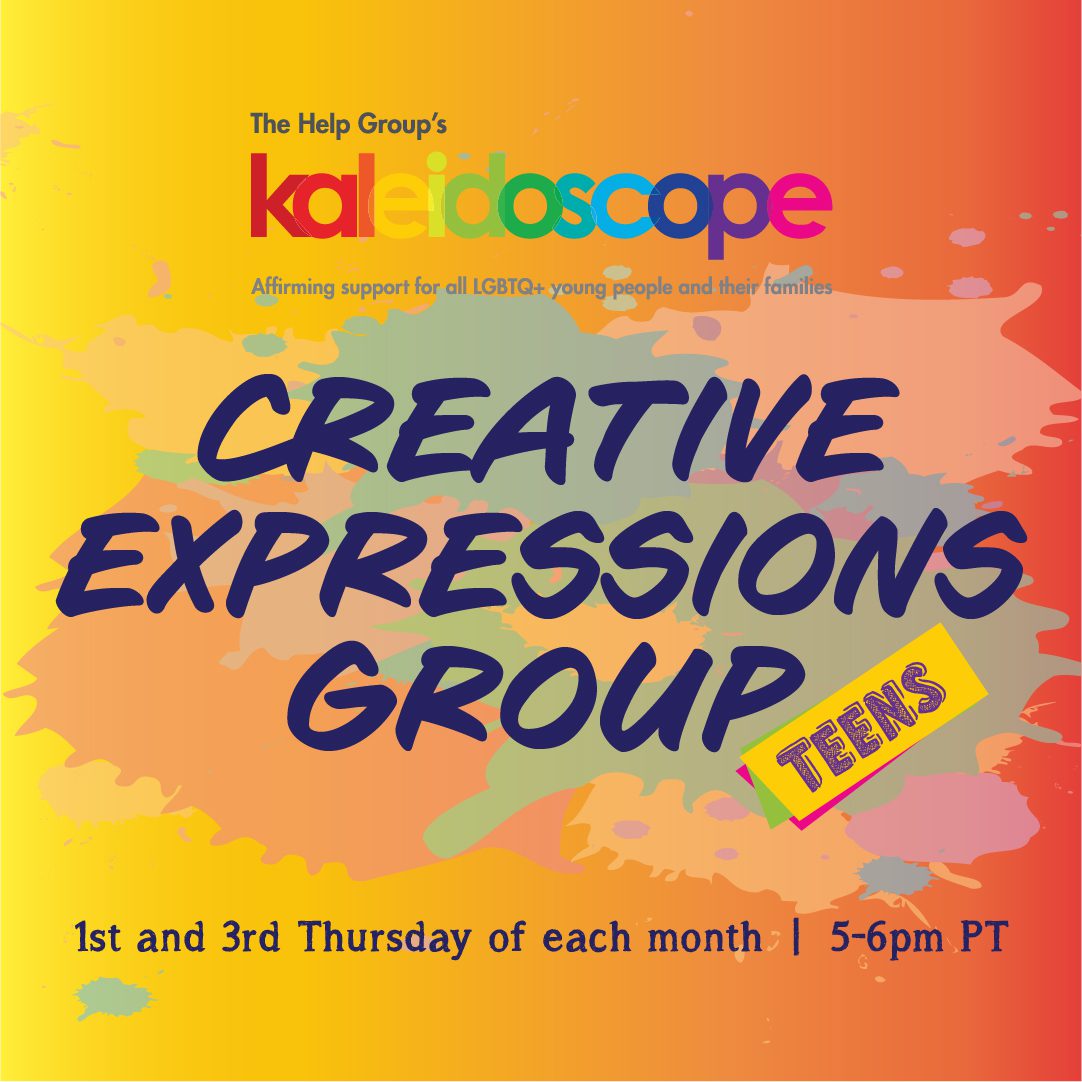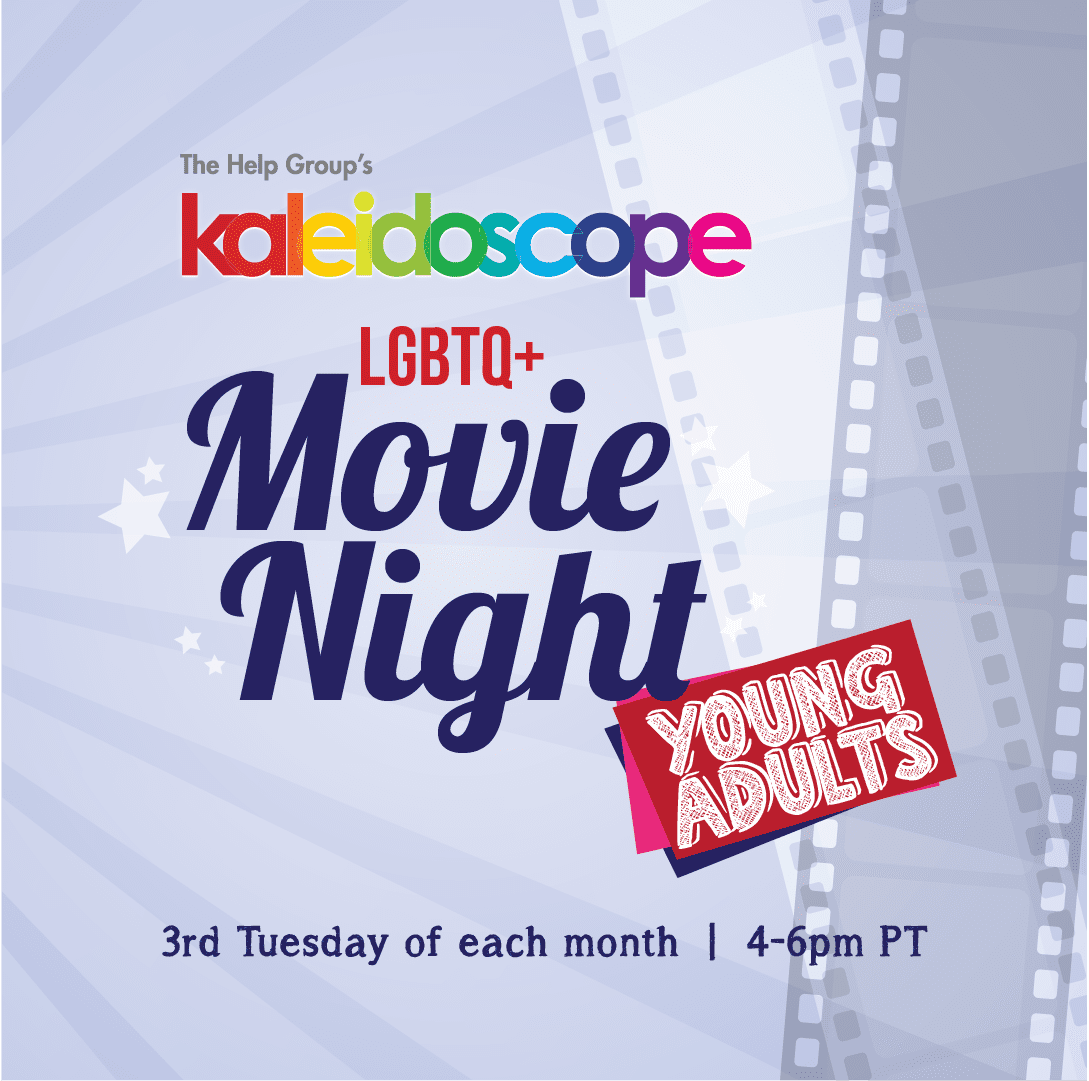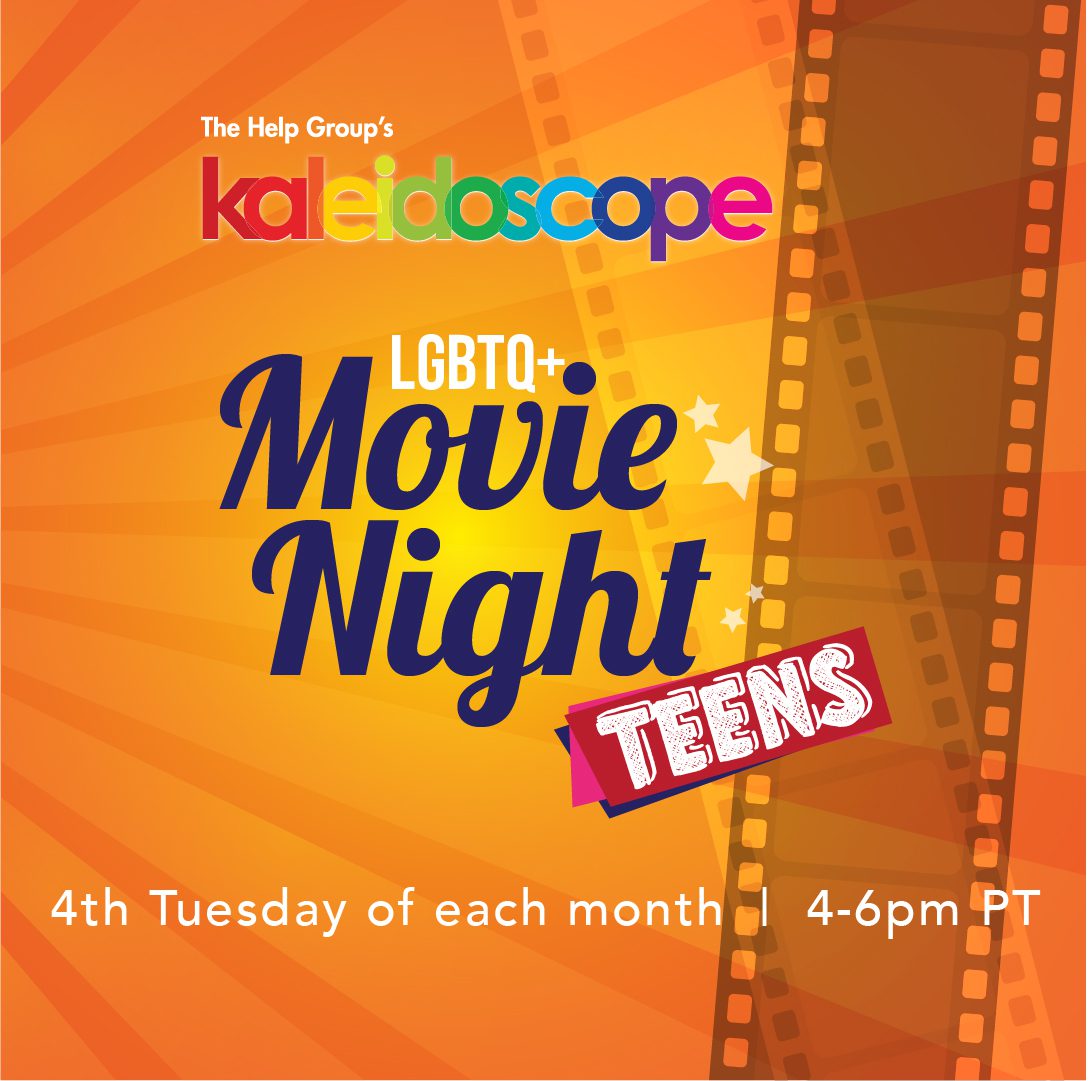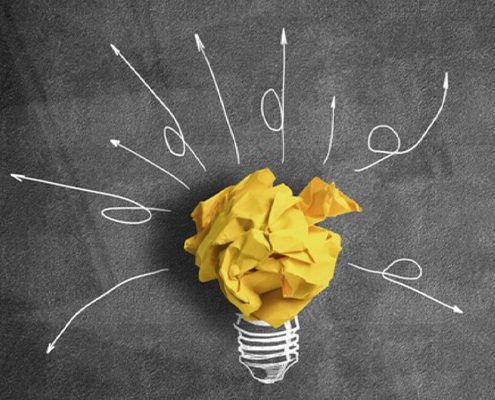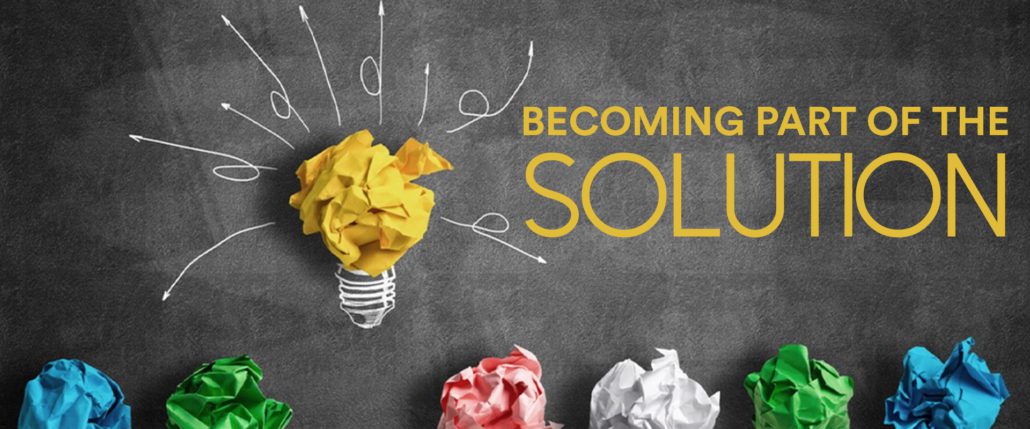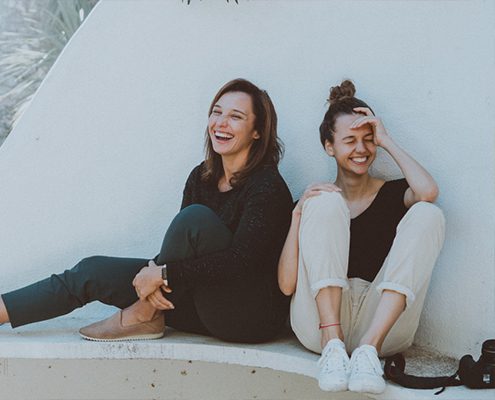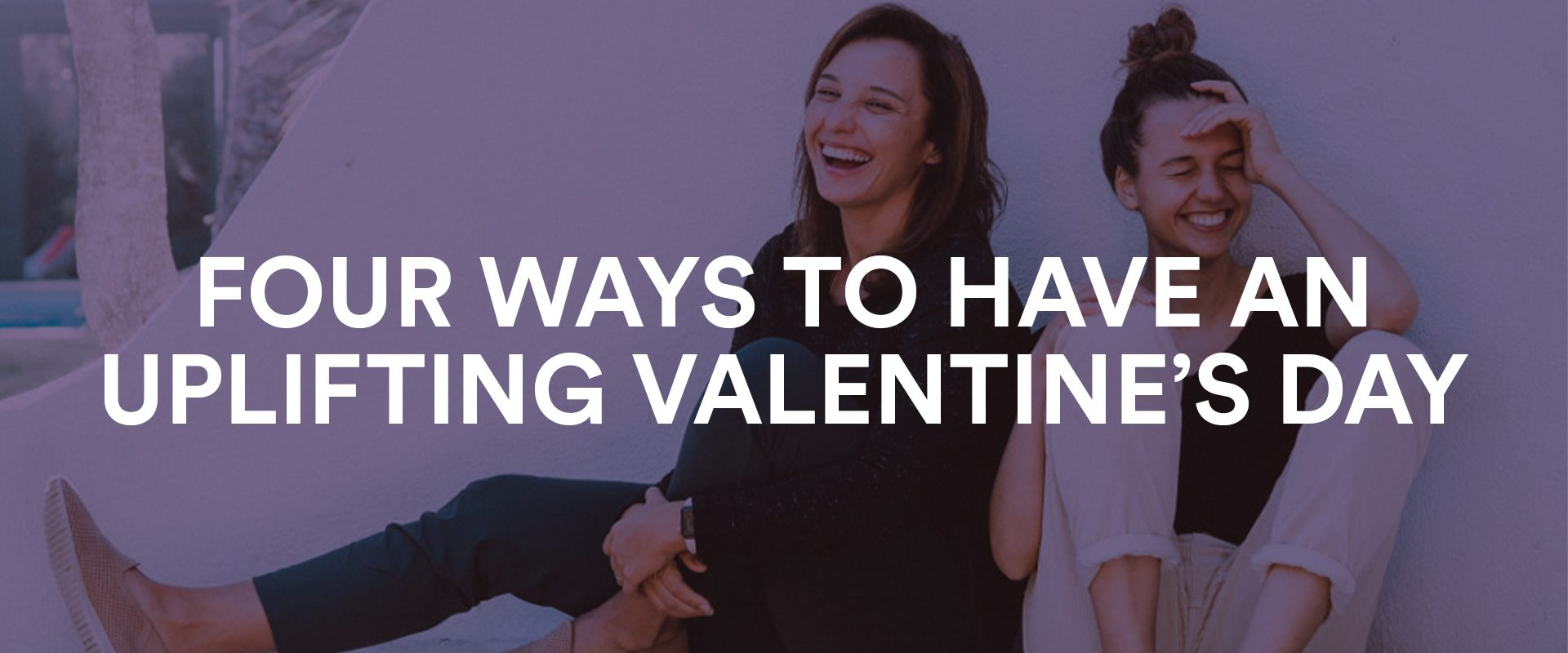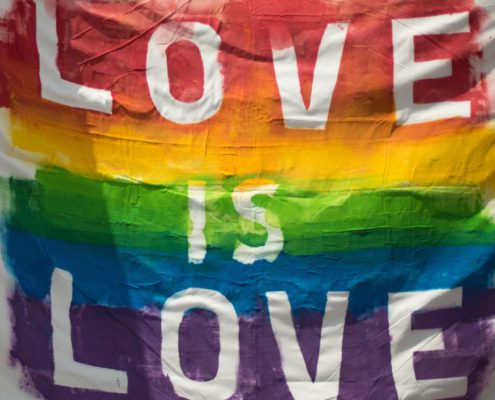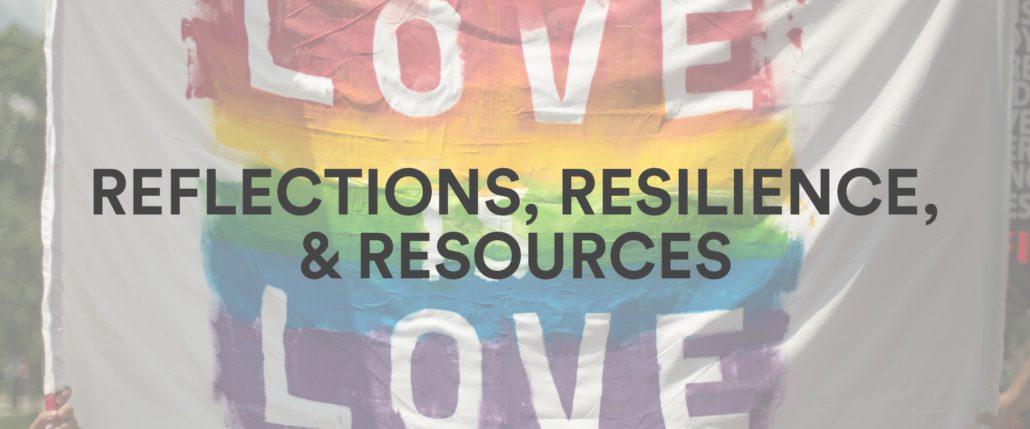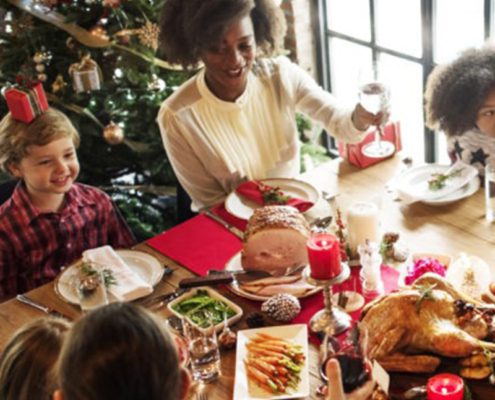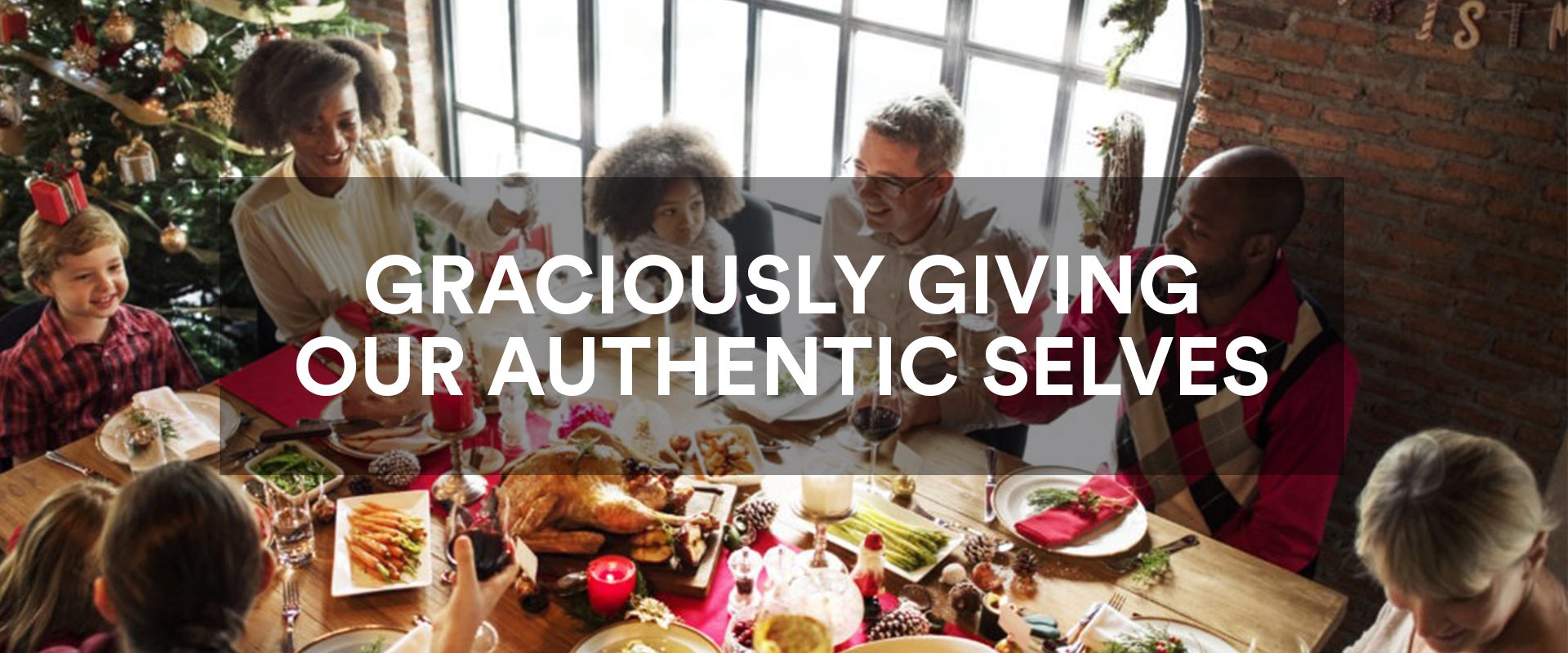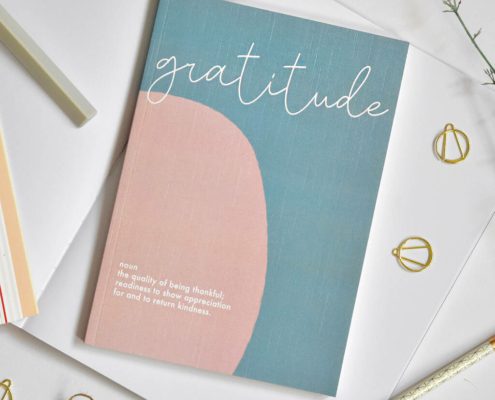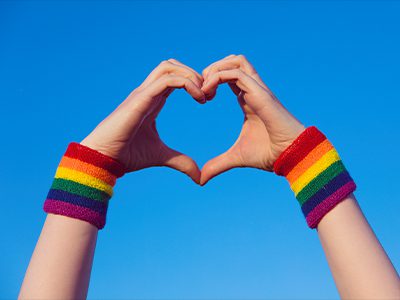Gains and Losses in our LGBTQ+ Community
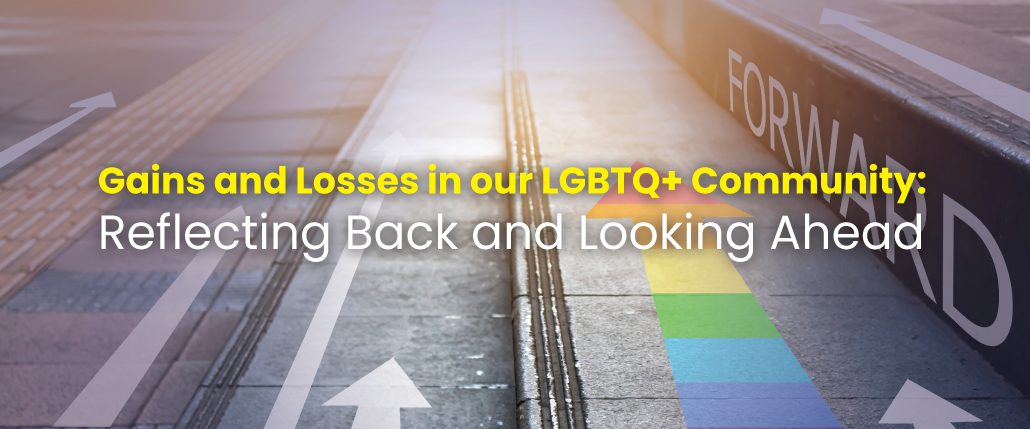
Gains and Losses in our LGBTQ+ Community
By Leo Kirkham
The New Year is a time for reflection and renewal. For the LGBTQ community, the New Year can be a time to remember the past year’s accomplishments and losses for queer and trans people.
There is no denying that 2022 was a difficult year for the LGBTQ community. From the Club Q mass shooting that left 5 dead, 19 injured, and an entire community grieving and destabilized, to armed far right Proud Boy protesters shutting down drag queen story times, our right to gather and express ourselves freely is being threatened by violence, intimidation, and hate.
2022 was a record year for anti-LGBTQ legislation: over 162 bills restricting LGBTQ rights were introduced in state legislatures. 58 were related to youth athletics, 44 had restrictions on curriculum, 30 had restrictions on adolescent healthcare, and 17 were related to religious and First Amendment exemptions.
But things are not all bad for the LGBTQ community. We are continuing to live and thrive as our authentic selves despite the hostility in the world.
In hopeful news, the House and the Senate just passed the Respect for Marriage Act, protecting same-sex and interracial marriages. Reception from the LGBTQ community has been mixed: on the one hand, the law passed and will protect same-sex marriages if the Supreme Court overturns Obergefell v. Hodges. On the other hand, it does not require states to legalize same-sex marriage, only to recognize legal marriages from other states.
Earlier this year, clinical trials began for three different HIV vaccines.
The Biden Administration began paying survivor’s benefits to LGBTQ elders.
Brittney Griner, a WNBA basketball star and Black lesbian, was just released from a Russian penal colony where she was held for ten months for possession of a vape containing hashish oil. She was returned to the U.S. during a prisoner exchange negotiated by the Biden administration.
This year, the “X” gender marker (an alternative to “F” and “M”) became available on U.S. passports. The Social Security Administration also no longer requires a doctor’s note to confirm a change of gender.
A new California bill will protect trans kids and their families fleeing states like Texas, Florida, Alabama, and Idaho which are criminalizing gender affirming healthcare for trans youth. SB 107 in California, proposed by Scott Wiener, will go into effect on January 1, 2023.
So what can we expect next year? We can only expect to see the progress that we fight for. The successes that we see in our public sphere and private lives must be celebrated as we continue to work toward justice and equality.
What are you doing next year for queer and trans kids? Some ways to give back are to donate to organizations like Equality Texas, Equality Florida, Trans Lifeline, Sylvia Rivera Law Project, and the Marsha P. Johnson Institute. You can also give a gift to a transgender youth this holiday season through Trans Santa. Consider joining your school board and advocating for LGBTQ students in your school district. Looking for more resources to support your child or trans youth in general? Check out transyouthequality.org/for-parents.
Next year, we can expect to see queer and trans resilience, excellence, love, and joy. We’re here, we’re queer, and it’s a new year.
